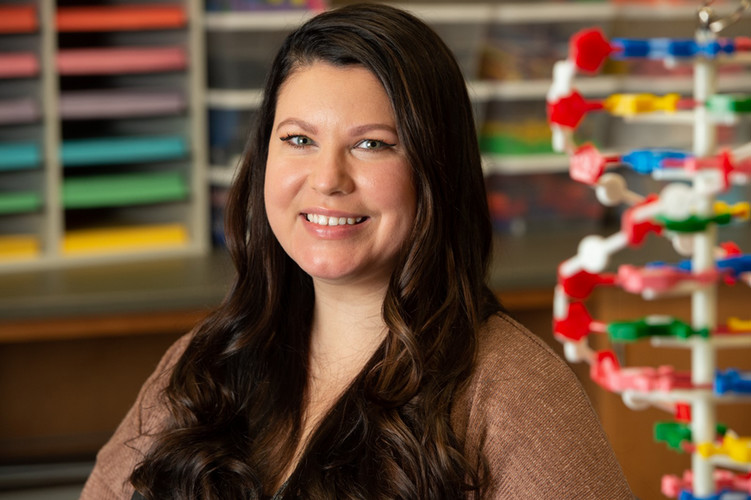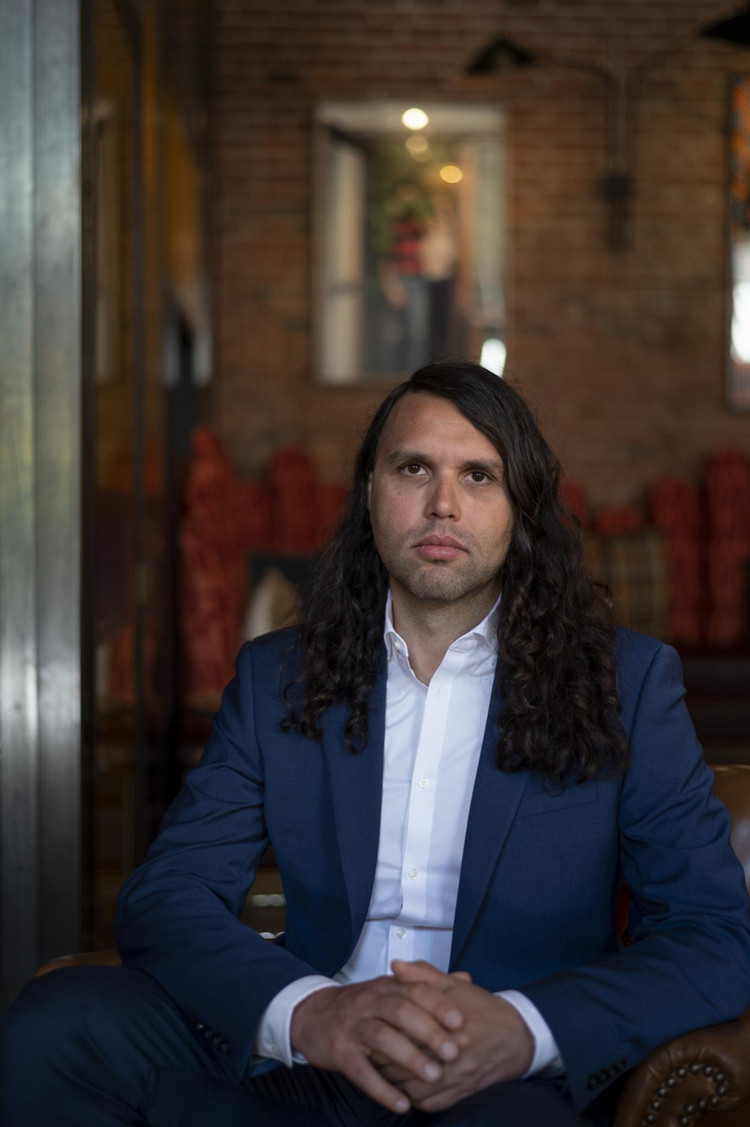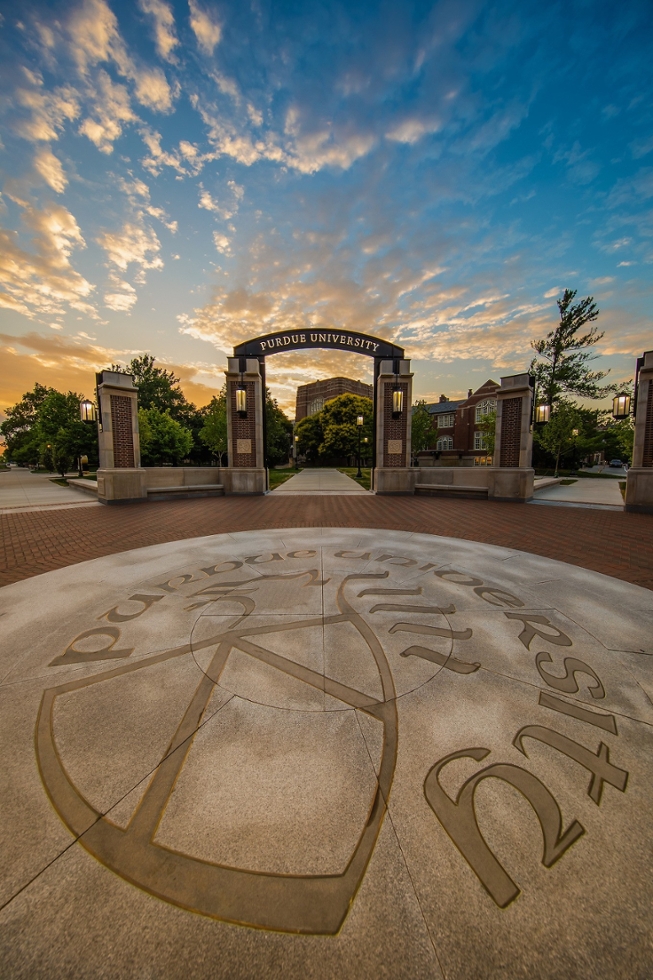PULSe 20th Anniversary Speakers

Keynote Speaker
Esteban Orellana, Ph.D.
Esteban began his scientific career studying plant-pathogen interactions in his home country of Ecuador before moving to the United States to pursue a Ph.D. in Cancer Biology and Molecular Signaling at Purdue University. While there, he focused on using micro-RNA mimics to treat cancer as part of Dr. Andrea Kansinski's research group. Esteban then moved to Boston to conduct postdoctoral work in the lab of Dr. Richard Gregory at Boston Children's Hospital/Harvard Medical School. There, he studied the role of RNA posttranscriptional modifications, or the epitranscriptome, in diseases, specifically cancer. Currently, Esteban is an assistant professor in the Department of Molecular and Systems Biology at Geisel School of Medicine, where he continues to research the role of RNA modifications, specifically on transfer RNAs(tRNAs), in human cancer and neurological diseases. tRNAs are necessary for the production of proteins, and their proper functioning relies on chemical modifications. Despite their reputation as common "housekeeping" molecules, tRNAs are highly regulated, and even small changes in their abundance or nucleotide modification levels can lead to disease states. The Orellana Lab, led by Esteban, is dedicated to studying the causes and effects of tRNA dysregulation in human disease and developing tRNA-based therapeutics.
Academic Panel:
Maurina L. Aranda is a first-generation college-going Latina who grew up rural Michigan. She earned her B.S. in Biology at Alma College and her Ph.D. in Molecular Signaling and Cancer Biology at Purdue University through the PULSe program. She is currently an Assistant Professor in the Dept. of Biological Sciences at Southern Illinois University Edwardsville, where she teaches introductory biology courses, along with pedagogy courses for pre-service science teachers. Her research, funded through the Howard Hughes Medical Institute (HHMI), is largely focused on identifying ways to improve student learning in introductory STEM through inclusive pedagogy. 
Before joining the PULSe community, Dr. Kathryn Jacobson received her bachelor’s degree in physics and math from the College of Saint Benedict (St. Joseph, MN). Dr. Jacobson joined PULSe in 2015 and received her PhD in Agricultural and Biological Engineering (Biotechnology PULSe Training Group) for her research in musculoskeletal development and tissue engineering. As a PULSe student, Dr. Jacobson was also actively involved in the PULSe Graduate Student Organization and Science in Schools initiatives. Currently, Dr. Jacobson is a 2nd year NINDS T32 post-doctoral scholar at the University of Pennsylvania where she is conducting research in traumatic brain injury and neurodegeneration. Outside of the lab, Kathryn loves to cook, be a plant mom, and cheer for the Minnesota Vikings.

Dr. Rachel McCoy is a plant biologist interested in metabolism, epigenetics, and biology education. She is an Indianapolis native and received her bachelor's degree in biology from the University of Evansville (Evansville, IN) before joining the PULSe program. She earned her PhD in Horticulture and worked as a USDA-funded postdoc in another PULSe lab at Purdue. She is currently an Assistant Professor of Biology and Human Biology at the University of Wisconsin - Green Bay, where she teaches introductory biology courses and genetics.

Industry Panel:
Nigam B. Arora, PhD is the CEO and Co-founder of BioDaVinci, a cutting edge AI drug development company. BioDaVinci is the flagship of HumanKind.Bio, a San Francisco based venture studio exclusively growing companies that will have major impact on the health of humankind at scale. Dr. Arora has previously held founder and c-suite roles across drug development, CPG, and research companies. He currently splits time between San Francisco and Purdue as he is actively building strong bridges between the two entrepreneurial ecosystems. Dr. Arora is a proud Purdue alum (PhD 2016, Organic Chem) and supporter of the interdisciplinary life science (PULSe) program that initially brought him to the university.

Conrrad Nicholls is a Scientist I at Eradivir Inc. He received his Ph.D. in Structural Virology and his MPH in Environmental Health from Purdue University in December 2023 and December 2022, respectively. During his tenure as a PhD candidate, Dr. Nicholls studied a group of arboviruses shown to cause significant human disease, known as flaviviruses. His primary focus was to develop a better understanding of the assembly mechanisms of flaviviruses, particularly how the nucleocapsid core of individual virions are packaged into their membrane envelopes. His efforts resulted in two research manuscripts and a patent, each of which are expected to be submitted for publication / patent approval in 2024. Dr. Nicholls was able to support his graduate research through several professional awards, including an NIH F32 Training Grant and an NIH F31 Predoctoral Fellowship. In addition, he also gained a deep appreciation for teaching during his 3-year TA-ship for the upper-level courses “Principles of Physiology” and “Animal Physiology”. Aside from academic pursuits, Dr. Nicholls also served as the President of the Polynesian Cultural Club of Purdue University, Co-Chair for the Graduate Assistant Development Team, Co-Chair for the PULSe Science in Schools Program, and as a Planning Committee member for the Hitchhiker’s Guide to the Biomolecular Galaxy Symposium. His current research projects with Eradivir Inc. focus on the development of novel immune targeting bi-specific antiviral therapies for numerous virus species, including Influenza, Respiratory Syncytial Virus, and dengue virus.

Rachel Nolan is a toxicologist who specializes in ensuring safety of medical devices. She got her bachelor’s degree in biochemistry from Benedictine College and then attended Purdue University, where she obtained her PhD in neurobiology/toxicology from the PULSe program. During her PhD studies, she had an internship at Cook Biotech Inc as a Toxicology Intern, where she learned about how medical devices are regulated and the type of safety data necessary to market a device. After graduating, she joined Cook Biotech Inc in 2020, where she started as a Regulatory Scientist. She was on a team that produced submissions to regulatory authorities in Europe to maintain medical devices on the market there, performed regulatory assessments to determine the necessary steps to produce new medical devices, and worked on the risk documentation for current and new medical devices. In 2022, she transitioned to being a Toxicologist at Cook Biotech Inc. In this role, she performs biocompatibility and toxicity assessments of medical devices and works closely with the other departments to ensure medical devices are safe for use in their respective medical area.

